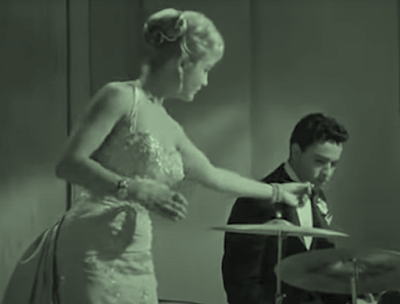The paper, published in published in Menopause, the journal of the The North American Menopause Society (NAMS), had this to say (with full citations) about the potential for cannabinoid treatments for menopause symptoms:
The endocannabinoid system is involved in a variety of physiological and psychological processes (e.g., regulating body temperature, mood, anxiety, sleep), and evidence suggests that this system significantly impacts fertility and reproduction. Specifically, the human ovary produces the endogenous cannabinoid anandamide with peak plasma levels occurring at ovulation and correlating with estrogen levels, suggesting that anandamide production may be controlled by this hormone.
In addition, cannabinoid treatments, including administration of anandamide, as well as antagonists of cannabinoid degradative enzymes, improve postovariectomy complications and reduce anxiety. Further, administration of cannabinoids typically results in vasorelaxation [reduction in tension of the blood vessel walls], suggesting that cannabinoid-based therapies may be particularly salient for treating vasomotor symptoms of menopause [hot flashes and night sweats].
In particular, estrogen deficiency results in downregulation of systems involved in hemodynamic regulation and is associated with vasomotor symptoms; 2 weeks of treatment with anandamide has been shown to reverse this downregulation in ovariectomized rats. Taken together, research indicates that medical cannabis (MC) may be a nonhormone treatment option with the potential to alleviate menopause-related symptoms with greater efficacy and possibly fewer side effects relative to existing treatments.







